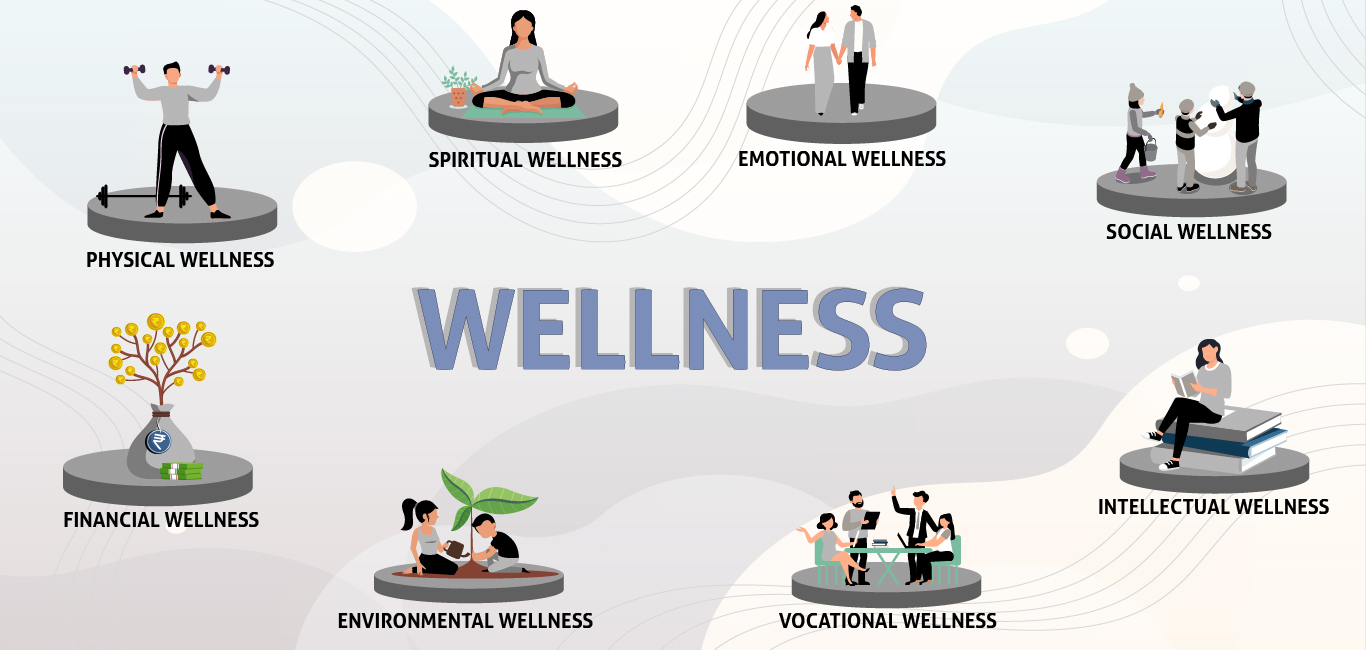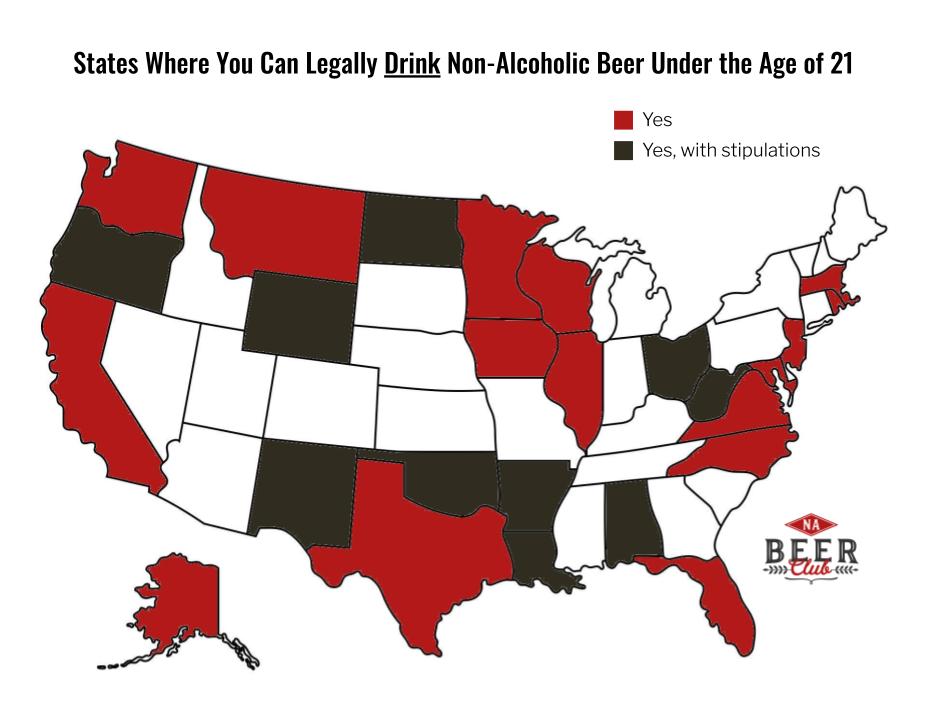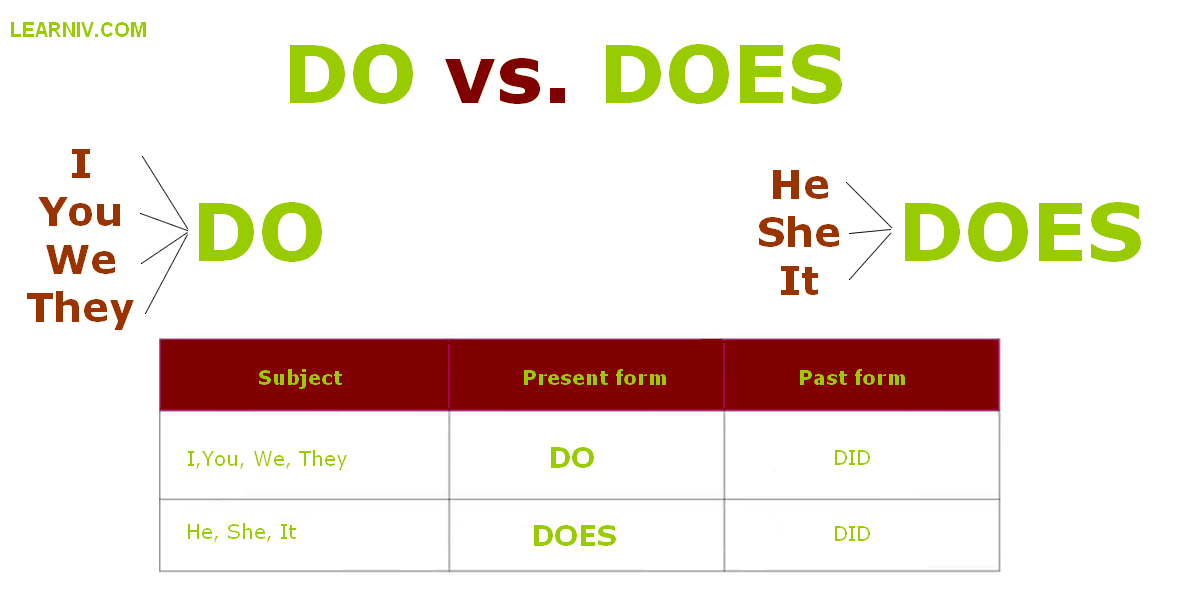Understanding the Role and Value of an Entertainment Lawyer
What Is an Entertainment Lawyer?
An entertainment lawyer is a legal professional who specializes in representing clients within the diverse sectors of the entertainment industry, such as film, television, music, theater, digital media, and publishing. Their main role is to ensure that creative professionals-like artists, producers, writers, and musicians-are legally protected as they navigate complex industry contracts, intellectual property issues, and business relationships [1] [2] .
Main Responsibilities of Entertainment Lawyers
The scope of an entertainment lawyer’s work is extensive and multifaceted. Below are the core responsibilities and how they benefit creative professionals:

Source: alamy.com
1. Contract Negotiation and Drafting
Entertainment lawyers are contract specialists . They draft, review, and negotiate agreements for their clients, ensuring that the rights, compensation, obligations, and creative control of their clients are clearly defined and protected. Typical contracts include record deals, film production agreements, talent and management contracts, and licensing deals. For example, a musician might rely on a lawyer to secure fair royalty rates and delineate ownership rights in a recording contract [1] [3] .
Practical Steps: Creative professionals are advised to consult with an entertainment lawyer before signing any agreement. This helps avoid unfavorable terms or loopholes that could limit future opportunities.
2. Intellectual Property Protection
Intellectual property (IP) is a cornerstone issue in entertainment. Lawyers help clients register and enforce copyrights, trademarks, and sometimes patents, ensuring that creative works are legally protected from infringement. For example, a filmmaker’s script or a musician’s composition must be properly copyrighted to prevent unauthorized use [2] [3] .
Example: If a songwriter’s lyrics are used without permission, an entertainment lawyer can help enforce rights and pursue remedies.
How to Access: Creators can speak to a licensed attorney or contact national organizations like the U.S. Copyright Office for more information on IP registration. Many entertainment lawyers offer initial consultations to explain the protection process.
3. Dispute Resolution and Litigation
Disagreements in entertainment can range from contract breaches to copyright infringement. Entertainment lawyers represent clients in negotiations, mediation, arbitration, or court. For instance, if an artist’s song is used in a commercial without consent, the lawyer can initiate legal proceedings for compensation [3] [4] .
Implementation Guidance: If you face a legal dispute, gather all relevant documents and communications before consulting an entertainment lawyer. Many offer guidance on whether your situation is best addressed through negotiation or litigation.

Source: alamy.com
4. Navigating Industry Regulations and Compliance
Entertainment lawyers must stay current with industry regulations, union rules, and state or international laws that affect projects and contracts. They help clients comply with guild requirements, labor laws, and government regulations, which is especially crucial for productions involving multiple jurisdictions [2] .
Practical Example: When shooting a film internationally, an attorney will ensure that contracts comply with both U.S. and foreign legal standards, mitigating risks of costly legal complications.
5. Managing Business Deals and Financial Interests
Entertainment lawyers also advise on financial aspects of creative projects, such as investment agreements, funding, distribution rights, and merchandising deals. They may work with banks, investors, and producers to secure the business side of creative ventures [4] .
Alternative Approaches: For smaller projects, some creators may use standard contract templates. However, customized legal advice is highly recommended for significant deals or when intellectual property is at stake.
Who Needs an Entertainment Lawyer?
Entertainment lawyers serve a wide range of clients:
- Musicians and bands
- Actors, directors, and screenwriters
- Producers and record labels
- Authors and publishers
- Influencers and digital creators
- Talent managers and agents
- Production companies
For each group, legal needs may vary but typically revolve around contracts, IP protection, and business negotiations [1] .
How to Find and Hire an Entertainment Lawyer
Finding the right legal representation can be crucial for creative professionals. Here are step-by-step instructions:
- Identify Your Needs: Clarify the services you require-contract review, IP protection, dispute resolution, or business deal management.
- Research Qualified Attorneys: Use state bar association directories, entertainment industry groups, or referrals from colleagues. For example, in the U.S., you can visit your state bar association’s website and search for entertainment law specialists.
- Check Credentials and Experience: Review the lawyer’s background, client testimonials, and track record with similar cases.
- Schedule Consultations: Many lawyers offer initial consultations. Prepare a summary of your situation and questions to ask about fees, communication, and strategy.
- Compare Terms and Fees: Fee structures can vary-some lawyers charge hourly, others by project or retainer. Always request a written fee agreement before proceeding.
Alternative Pathways: For those unable to afford private counsel, nonprofit organizations and legal clinics may offer entertainment law advice at reduced cost or pro bono. Major cities with a strong creative community often have such resources.
Challenges and Solutions in Entertainment Law
Working in entertainment law comes with specific challenges. These include rapidly changing digital platforms, evolving copyright rules, and cross-border legal issues. Solutions involve ongoing education, collaboration with specialists, and proactive legal planning.
Example: The rise of digital streaming requires new licensing strategies. An entertainment lawyer may negotiate digital rights and ensure compliance with evolving regulations to protect clients’ income streams.
Key Takeaways
- Entertainment lawyers are essential for safeguarding creative and business interests in the entertainment industry.
- They provide expertise in contract law, intellectual property, dispute resolution, and business negotiations.
- Hiring the right lawyer involves research, understanding your needs, and evaluating experience and fees.
- Nonprofit legal clinics and professional organizations can be valuable resources for those with limited budgets.
- As the industry evolves, so does entertainment law, making ongoing legal guidance a critical asset for creative professionals.
References
- [1] Indeed (2025). What Does an Entertainment Lawyer Do? (With Duties and Career Steps).
- [2] Forward Law Firm (2025). Understanding the Role of Entertainment Lawyers.
- [3] Edwards Law (2023). What is an Entertainment Lawyer and How to Hire One.
- [4] Gladeo LA (2025). Career or Job Opportunities as Entertainment Lawyer.
- [5] CountyOffice.org (2025). What Does An Entertainment Attorney Do? (Video).
MORE FROM searchcritic.com













